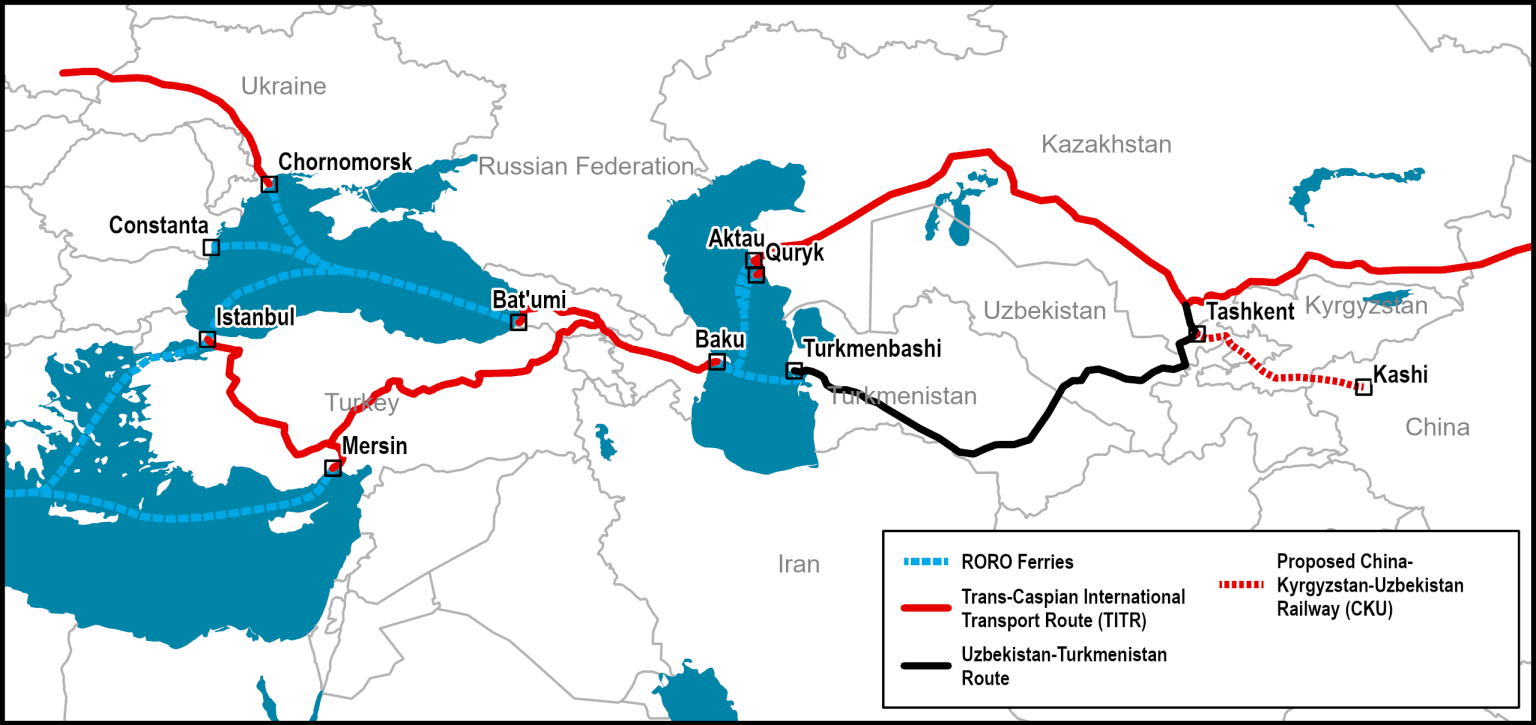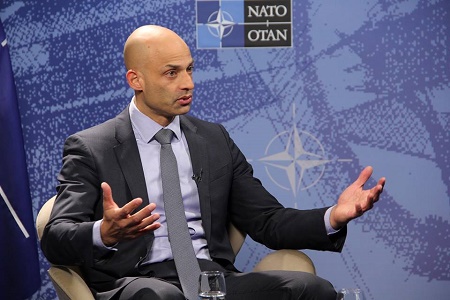In our yesterday’s article, we had said that we would provide information regarding the 1925 Turkish-Bulgarian Treaty which Bulgaria has based their compensation requests on. Before dealing with this issue, we should first touch upon the Balkan Wars. As known, in the First Balkan War starting in 1912, the Ottoman Empire had been defeated and had lost their territories within the European continent. Starting from the West to the East, these territories are today’s Albania, Macedonia, Western Thrace, and the areas of Kardzhali and Rhodope of Bulgaria. More than half of Turkish Thrace has also been lost as a result of this war and has been handed over to Bulgaria. It is known that the Bulgarian forces during the First Balkan War have resorted also to torture and massacre of Muslim civil populations, especially the Turks, in Western Thrace, Kardzhali and the Rhodopes regions. Apart from academic sources, Ömer Seyfettin’s novel entitled “Beyaz Lale” (The White Tulip) provides sufficient information about what has taken place during that period. The tortures and massacres of that time have forced hundreds of thousands of Turks to migrate to Ottoman territories. At the end of the war, Bulgaria, finding the territories granted to them inadequate, has raided and attacked the Greek, Serbian and Roman forces, but has not been successful. The Ottoman forces taking advantage of this opportunity, have counter-attacked and recaptured Adrianople. A treaty has been concluded again with Bulgaria which has determined the border. This border, with minor changes, is approximately the same border as today. During that period, there existed a Bulgarian minority in and around the province of Kırklareli in Turkish Thrace. During and after the First Balkan War, because of this minority assisting the Bulgarian armies and some of them participating in the tortures and massacres committed against Turks, negative feelings have arisen towards these people. With the recapturing of Adrianople, some of these Bulgarians have escaped to Bulgaria. On the other hand, due to the negative atmosphere towards them, they have immigrated to Bulgaria. This group has formed a Thracian Organization in Bulgaria which has been at the center of the activities conducted against Turkey. Moreover, they have requested that their properties should be given back along with compensation. The Bulgarian governments have taken advantage of this organization from time to time against Turkey. This organization also exists today and for the first time, their claims have “officially” accepted the Bulgarian requests for compensation at a time when Turkish-Bulgarian relations can be defined as excellent. Concerning the 1925 Treaty, this Treaty’s full title is the “Treaty of Friendship between the Republic of Turkey and the Kingdom of Bulgaria”. Its main provision is that “there shall be inviolable peace and sincere and perpetual friendship between the Turkish Republic and the Kingdom of Bulgaria”. As this treaty has no time limit, it is still valid today. Although peace has been maintained between the two countries since 1925, when remembering the past events, it is difficult to talk about the existence of a “sincere and perpetual friendship”. A protocol has been attached to this Treaty concerning the situation and rights of minorities. This protocol indicates that all individuals born in Turkish territory or within Bulgarian frontiers before 1912 and migrating to these countries shall retain their rights of ownership over property. However, it has also been stated that after 1912 (after the First Balkan War), immovable property belonging to Bulgarians emigrating from Turkey to Bulgaria, and immovable property belonging to Muslims immigrating to Turkey up to 1925 shall pass into the possession of the State in whose territory they are situated. In other words, the properties of emigrated Bulgarians have passed over to the Turkish State, and the properties of Muslims immigrating to Turkey have passed to the Bulgarian government. No clause exists on paying compensation for these properties. The Bulgarian Government’s compensation request concerns the properties of Bulgarians emigrating after 1912. According to us, the 1925 Treaty do not permit this kind of request. On the other hand, the principle of reciprocity is very important in international relations. From 1878 onwards, in approximately 130 years, the number of Turks and Muslims emigrating (in most cases, being forced to migrate) from Bulgaria to Turkey amounts to more than a million and is at least five or six times more than the numbers of Bulgarians emigrating from Turkey to Bulgaria. If the Bulgarian State Minister can request 20 billion dollars for the properties of Bulgarians migrating to Bulgaria at the end of the First Balkan War, then Turkey can easily request 100.000 billion dollars for Turks migrating to Turkey. Finally, we would like to indicate that Bulgaria’s annual gross national product (total national income) is approximately 50 billion dollars.
© 2009-2025 Center for Eurasian Studies (AVİM) All Rights Reserved
 THE DEVELOPING TRANSIT ROUTES IN THE MIDDLE CORRIDOR
THE DEVELOPING TRANSIT ROUTES IN THE MIDDLE CORRIDOR
 THE INDEPENDENT LETS FISK TO ABUSE HISTORICAL FACTS AGAIN
THE INDEPENDENT LETS FISK TO ABUSE HISTORICAL FACTS AGAIN
 WHERE IS THE NOVELTY IN ARMENIA’S FOREIGN POLICY?
WHERE IS THE NOVELTY IN ARMENIA’S FOREIGN POLICY?
 AN OVERVIEW OF THE LATEST NEWS: WHAT IS THE WORLD SAYING FOR UYGHURS IN CHINA?
AN OVERVIEW OF THE LATEST NEWS: WHAT IS THE WORLD SAYING FOR UYGHURS IN CHINA?




























